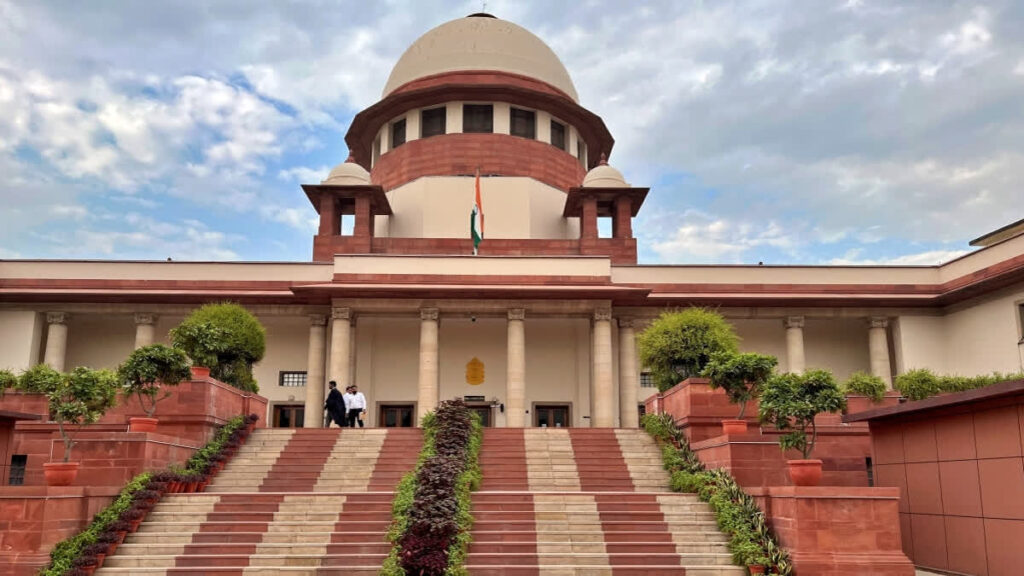
The Supreme Court of India is stepping up efforts to address the long-standing issue of delays in civil cases. Recognizing the detrimental impact of pending cases on litigants and the legal system, the Court is taking proactive measures to ensure that justice is delivered swiftly.
According to data available on the National Judicial Data Grid (NJDG), there are currently 11.1 million civil cases pending across the country’s courts, with approximately 22% of these cases dating back at least five years. In response to this backlog, the Supreme Court is urging civil court judges to strictly adhere to the procedural timelines outlined in the Civil Procedure Code (CPC). This includes guidelines for summons, written statements, and the framing of issues, with the objective of advancing trials as much as possible on a day-to-day basis.
The Court expressed its deep concern about the issue of delayed justice, noting that the problem has led to frustration among litigants and the general public. The Court emphasized that the concept of “justice delayed is justice denied” is not merely a truism but an undeniable reality. The Court’s mission is to ensure that the wheels of justice turn smoothly, without unnecessary friction or grinding delays.
In addition to highlighting procedural lapses and frequent adjournments as factors contributing to delays, the Court underscored the need for proactive steps to tackle the mounting backlog of cases. The Court’s judgment emphasized that millions of people rely on the judicial system to seek speedy justice, and therefore, it is imperative for all stakeholders to preserve public faith in the legal process.
The Court directed presiding officers to provide monthly statistics on cases pending for over five years to the principal district judges. These statistics will be used by review committees formed by the respective high courts to take corrective measures and monitor cases that have been pending for an extended period.
Efficiency in delivering justice has become an essential aspect of modern civilization. The Court stressed the urgency of accelerating the pace of legal proceedings and reducing the time taken for the trial of suits and criminal cases. It called for legal reforms to ensure that justice is not an abstract concept but a tangible reality accessible to all.
The Supreme Court’s unwavering commitment to addressing the issue of delayed justice reflects the critical role of the judiciary in upholding the rule of law and safeguarding the rights of individuals in India.
Sources By Agencies




